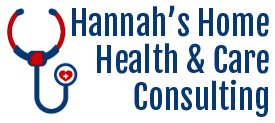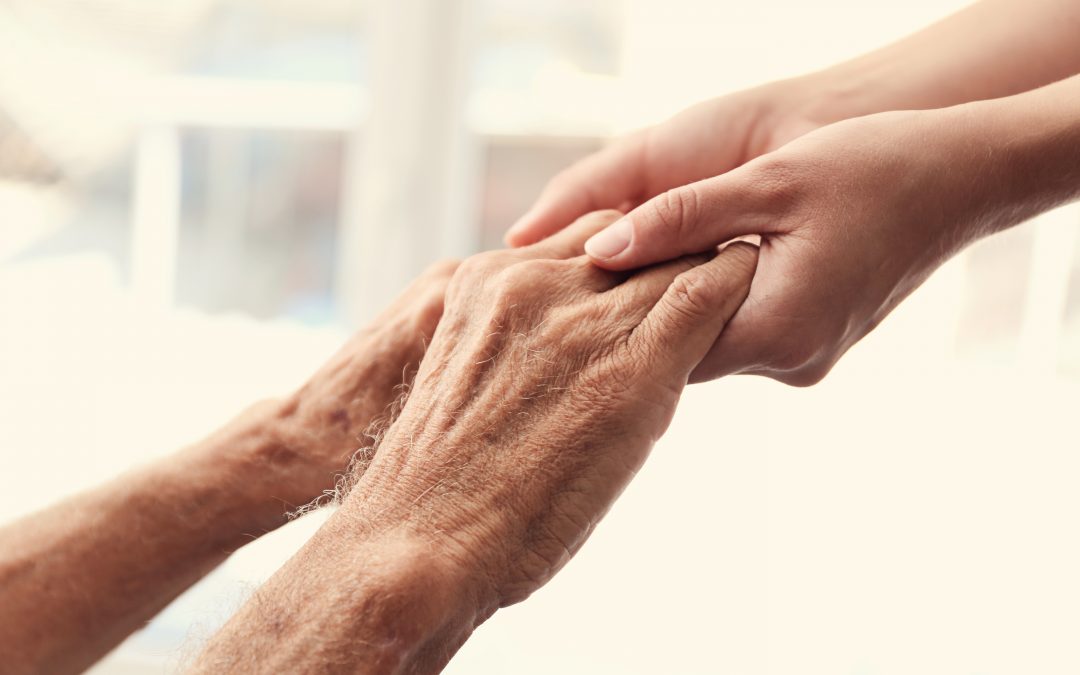This Sunday was my first Father’s Day without my dad. He had long been fighting a battle with stage 4 cancer, and then was taken by COVID-19 this May. As a nurse practitioner in the hospice and geriatric care industry, this was not my first loss. I have said goodbye to loved ones before, and I’ve held the hands of patients’ families countless times, acknowledging their feelings, connecting them with resources, and empathizing with their pain. But this was, by far, the hardest loss. This was my dad. How can I move on without my most trusted confidant? He is now one more statistic, one more life to add to the 122,000+ lives lost in the U.S. to this horrible virus. And I, like millions of other Americans, will go through the next year facing the first birthdays, anniversaries, and holidays without him.
THE HARDEST DECISION OF MY LIFE
My dad had been living in an assisted living facility in Minnesota for 4 years. We stayed in touch, despite the 1,200 miles between us, but I had not called him in quite some time. One morning after visiting a home care client, I had an intuition and called to check on him. When he didn’t answer, anxiety started to take hold. My worst fear was soon confirmed by his care team; the coronavirus that infected him was progressing rapidly and the prognosis was not good. I flew home to be with him and was faced with the decision to pull him off of life support. This was the hardest moment, all I could think was what do I do? How are we going to manage as a family with what’s to come; can we manage it? I spoke with the director of nursing, asking every question I could. I sought advice from family and those close to him. In the end, I knew I couldn’t save him from death, but I could at least stop his suffering.
I felt as if the world around me was shaking uncontrollably. I could not find my footing and felt so vulnerable and uncontrollably sad. Needing solace as doubts raced through my mind, I called anyone who would answer. Looking back, I am eternally grateful for the supportive women that were there for me in my time of need. They gave me the strength and encouragement I needed to get through the next few days. Sitting by his bedside, I quietly called family members, asking them if they’d like to say goodbyes. And I cried. I cried, a lot.
EMOTIONAL TURMOIL
In the days that followed, I tried to navigate the drama that comes with families in times like this as I came to grips with my grief. I went through the motions of funeral preparations and gave condolences to others close to him while being bombarded with a cyclone of emotions, numbness, shock, denial, sadness, despair, and most frequently, anger. I sought solitude to gather my thoughts so my emotion did not take over me. The one person I needed most, the one who would always understand was gone. With the intensity of the situation happening so quickly, I felt the foundations of my relationships with my mother and husband crumbling as we dealt with the extreme emotional stress. One thing I’ve learned is that grief changes us and we can’t expect ourselves to be the same afterward. Loss shapes, and molds us like few other things in life can. However, we need to have patience and try to find peace, as we just might learn that we have more strength and resilience than we ever felt capable of.
SAYING GOODBYE
When the time for the funeral arrived, families and loved ones came together amidst one of the most unusual times of our lives. On top of the anticipated emotions of saying goodbye, mourners were also filled with a sense of fear. It was an odd experience to want to hug someone so tightly but be scared to get close to them. My brother delivered a beautiful eulogy and recited a verse our dad requested. “The darkness is past, and the true light now shineth.”
HEALING IN THE LIGHT
For those of you who have lost a parent, I see you. We are a part of a club that nobody ever wants to join. I truly hope that you can find a little more peace and light with each new day. Remember to take care of yourself as it will fortify your wearisome journey.
Allow Yourself to Grieve – Avoiding grief only leads to prolonging it, allow it to come and go. Unresolved grief can lead to depression, anxiety, substance abuse, and health problems. Remember that grief is unique to each individual; you are allowed to grieve for as long and as deeply as you need to.
Be Kind To Yourself – Self-compassion has tremendous healing power. Treat yourself as you would treat a beloved friend and allow yourself moments of joy without guilt for having time without pain.
Get The Right Amount Of Sleep – Grief is emotionally exhausting, allow yourself extra time to rest. If you are having trouble falling asleep, schedule time before bed for conscious relaxation. Meditation, yoga, soothing sounds, and aromatherapy can help calm your mind and release tension, allowing for restful sleep. If too much sleep is impacting you negatively, try to get more sunlight exposure and exercise.
Keep Yourself Healthy – Physical health helps with the emotional healing process. Drink plenty of water and avoid alcohol; make sure you are eating enough; and try to get some exercise. Exercise will contribute to better sleep, mental stability, and an overall sense of well-being. Consider practicing yoga or taking a walk and letting your mind wander.
Write – Writing about one’s thoughts can boost your mood and well-being. You may choose to keep a journal, write things you are thankful for, write memories of the person you’ve lost, or even write them a letter.
Connect With Others – Sharing with someone is an act of self-healing. Identify empathetic listeners in your life and reach out to talk to them. If you cannot find these listeners among your friends and family, consider finding a therapist or support group to speak with.
Treat Yourself – Surround yourself with things that help you feel peaceful. The more you experience pleasure and comfort, the easier it is to regain enjoyment in life itself.
Create a Self-Care plan – Compile goals, plans, and resources to help navigate this time.
- Identify Your Needs
- Set Boundaries With Your Relationships and Time
- Find a Support System that Works for You
- Seek Community Resources and Creative Outlets
- Set Personal and Professional Goals
TO OUR PATIENTS AND THEIR FAMILIES
To our patients and their families, please know that we are taking every precaution to ensure the safety and well being of our clients and staff. Everyone at Hannah’s Home Health & Care Consulting is being tested weekly for COVID-19. If you are having trouble navigating through your own grief, feel free to reach out and we would be happy to connect you with valuable local resources.
We look forward to sharing more about what you can do to remain healthy in these troubling times in our next blog.
Subscribe to be notified of new blog posts and agency updates.

